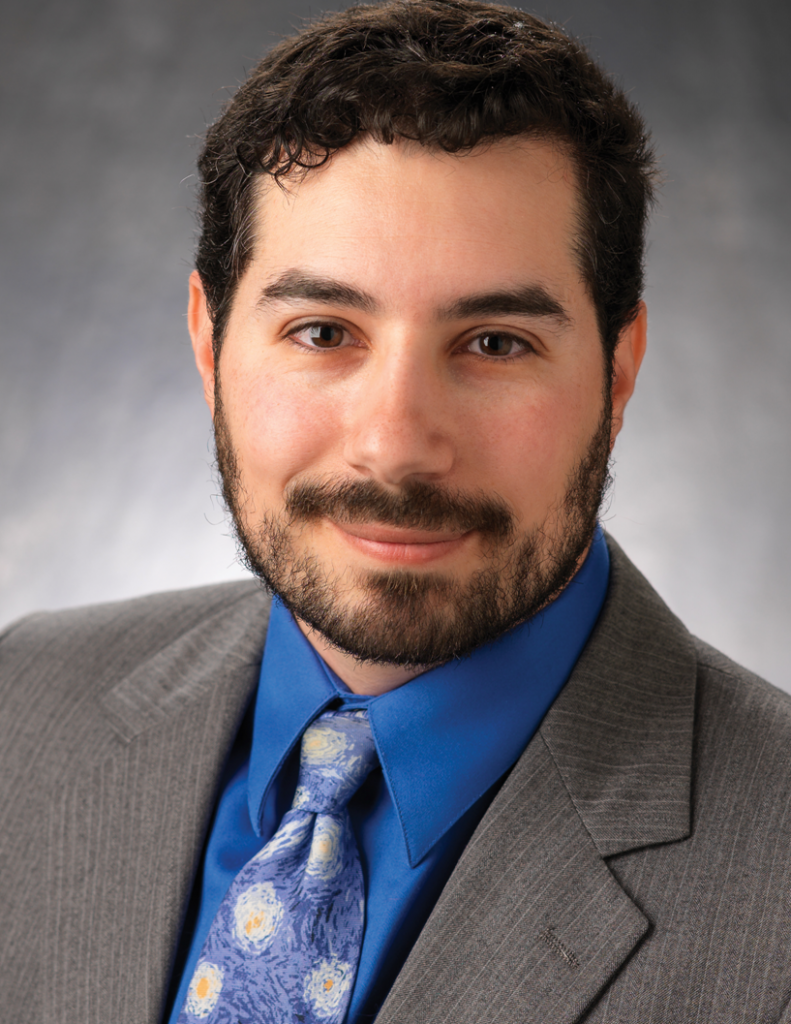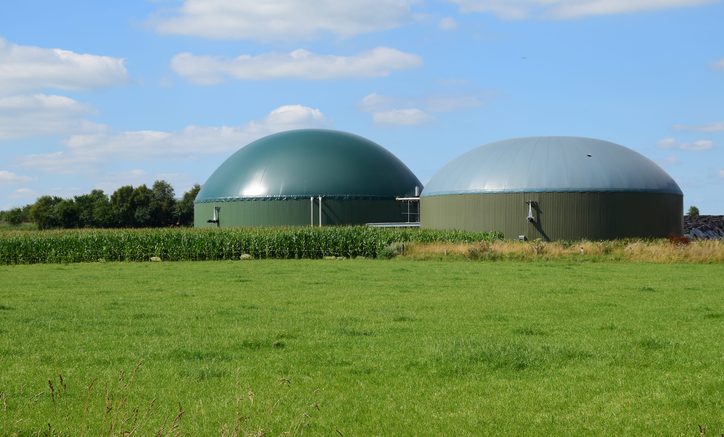The controversy swirling around SB 1383 does not involve the bill itself, according to experts around the state, who say they are onboard with the need to curb greenhouse emissions in an urgent manner.

Assistant deputy director
LA County Public Works
Instead, it is this: How can this ambitious legislation—that promises to reduce organic waste in landfills by 75% and increase the rescue of still-edible food by 20%—be carried out in real-time?
In 2016, California passed SB 1383 into law, and January 1, 2022 was a significant date in terms of the bill’s implementation and projected reduction measures. So we caught up with Coby Skye, assistant deputy director at LA County Public Works, to see how the roll-out is going.
What do you feel are the major challenges in LA County for the successful implementation of SB 1383?
Development of adequate and sustainable infrastructure. For this reason, the county launched Infrastructure LA and created a specific waste working group to foster regional collaboration.
Challenges also include increases in costs to process organic waste; requirements for jurisdictions to purchase a significant amount of organic waste products, such as compost, mulch and bioenergy, regardless of operational need or product availability; educating organic waste generators; and ensuring participation.
“Approximately 1.9 million tons of food waste are disposed of each year in Los Angeles County. … The Los Angeles County Sanitation Districts’ facility currently has capacity to process 600 tons per day (approximately 190,000 tons per year) of food waste, but most of this capacity is already being used.”
Coby Skye, assistant deputy director at LA County Public Works
How much food waste is generated in LA County and how much can be handled by the operating facility?
Approximately 1.9 million tons of food waste are disposed of each year in Los Angeles County. Food waste is one of the largest components of organic waste currently being disposed. The Los Angeles County Sanitation Districts’ facility currently has capacity to process 600 tons per day (approximately 190,000 tons per year) of food waste, but most of this capacity is already being used. The current available food waste processing capacity in the County is estimated at only 19,000 tons per year.
Do you have an estimate on the cost of building additional infrastructure?
Los Angeles County is estimated to need an additional 12 commercial-scale anaerobic digestion facilities, which could process 150,000 tons per year each, costing almost $840 million total.
If we made you SB 1383 Czar, what three things would you recommend for successful implementation?
Three things we would recommend include:
1. Sufficient funding from the state to build adequate infrastructure and support jurisdictions with educating organic waste generators.
2. Incentives for the use of biogas and electricity generated from recycling organic waste.
3. Encouraging as many organic waste processing technologies as possible as long as they reduce methane emissions and improve the environment.
Finally, just for fun: Ice cream or cake? Dog, cat, or snake person? Beach or Mountains?
Ice cream. Cat. Beach.






Be the first to comment on "Coby Skye of Los Angeles County Public Works outlines the significant statewide challenges in implementing SB 1383"